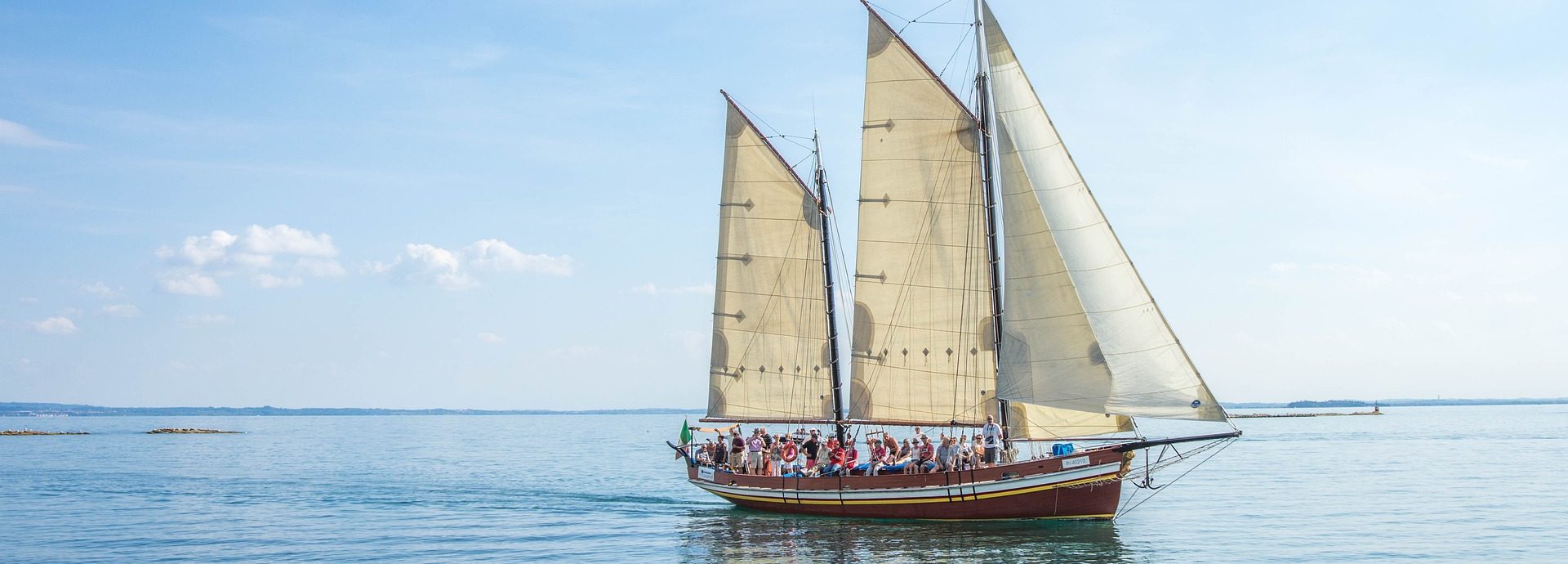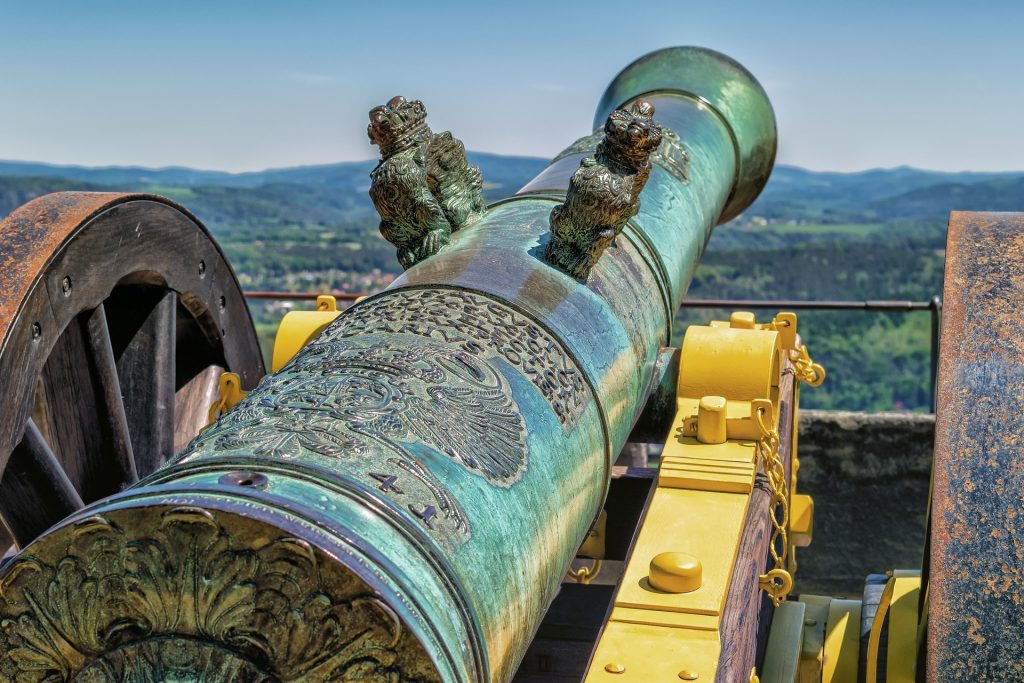

Over the summer we shared the stories behind 10 words and phrases that have their origins in the maritime world. This included ‘bottoms up’, which came from a trick recruiters played to get unsuspecting people to join the Royal Navy, and ‘groggy’, which stems from the nickname of an admiral referred to as ‘Old Grog’.
The influence of the sea on our language doesn’t stop there, so here are ten more phrases that are maritime in origin – including a couple of suggestions from readers of the previous post!
We have divided them into two sections. The first section includes phrases where there is agreement on where they come from. The second section has a bit more ambiguity.
In our previous post we talked about the origin of the phrase ‘letting the cat out of the bag’. ‘Cat’ in that situation referred to the ‘cat-o-nine tails’ whip that was used to punish errant sailors. The same applies when it comes to the phrase ‘no room to swing a cat’. It simply means that there is not enough space to swing the metaphorical whip.
If a ship has capsized, its keel – the backbone of the ship that runs from bow to stern along the bottom of the hull – will be visible above the waterline. Hence why the phrase ‘keel over’ is used today to mean that someone has collapsed or fallen.
‘Loose cannon’ can be attributed to when warships carried cannons as their primary weapons. They would be secured to the deck with rope to ensure that they stayed in place after each firing and wouldn’t become a hazard by rolling across the deck because of the force of the recoil. Hence why ‘loose cannon’ has come to refer to someone who is likely to cause problems for others.

This phrase refers to the practice of closing the hatches on the deck of a ship in preparation for incoming bad weather. Tarpaulins would be used to cover the hatch, with strips of wood known as ‘battens’ used to secure them in place, ensuring that no water got below deck.
Dating back to the 17th or 18th century, a ‘clean bill of health’ refers to an official medical document that ships would be required to present before they were allowed to dock in a port. The document – or ‘bill’ – would declare that the crew were free of any diseases or infections and wouldn’t pose a danger to the people living in whichever location they had just arrived in.
As promised, here are an additional five phrases where it is debatable whether they are maritime in origin or not. Which of these theories do you agree with more?
It is frequently said that ‘square meal’ refers to an old Royal Navy practice of serving meals on square-shaped wooden plates. However, according to the Oxford English Dictionary, ‘square’ has also been used since the mid sixteenth century to mean ‘straightforward’. It is also possible, then, that ‘square meal’ refers to food that is no-frills but still satisfying and hearty.
‘Toe the line’ means to follow orders or to do as you are told without causing trouble. On the one hand, it could have originated from sailors lining up on deck to prepare for an inspection. On the other hand, it could simply refer to runners lining up behind the start line in preparation for a race.
The two ideas for where the phrase ‘knowing the ropes’ comes from are very similar, with the only difference being the setting. It is agreed that it stems from someone learning how to tie knots and generally work with rope. It is not, however, agreed as to whether that someone was a sailor on a ship or a stagehand in a theatre.

‘Overwhelmed’ comes from the Middle English word ‘whelmen’, which means ‘to overturn’ or ‘to engulf’. Some take it to be referring to a ship being capsized or engulfed by a wave, but there is no general agreement that that is the case.
The US’s National Oceanic and Atmospheric Administration suggests that this phrase originated from an old tradition where the crew of a ship would sail a blue flag upon returning to their home port, if the captain had passed away during the voyage. Alternatively, blue has long been associated with things like melancholy and sadness across cultures, which might have been the initial inspiration for the choice of coloured flag flown by crews mourning their captain.
If you enjoyed this blog post, check out our guide to some of the most fascinating maritime superstitions.

National Maritime
Museum Cornwall Trust
Discovery Quay
Falmouth Cornwall
TR11 3QY
View Map
See our opening hours
Tel: +44(0)1326 313388
Email: enquiries@nmmc.co.uk